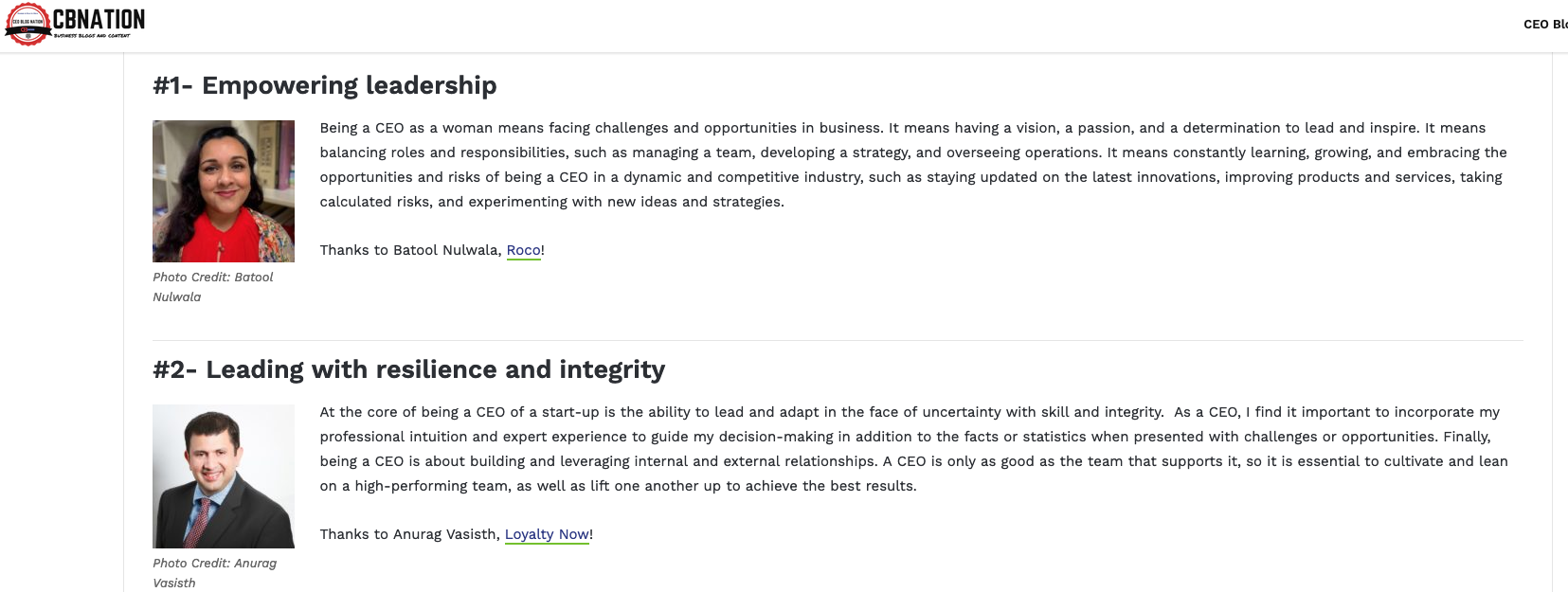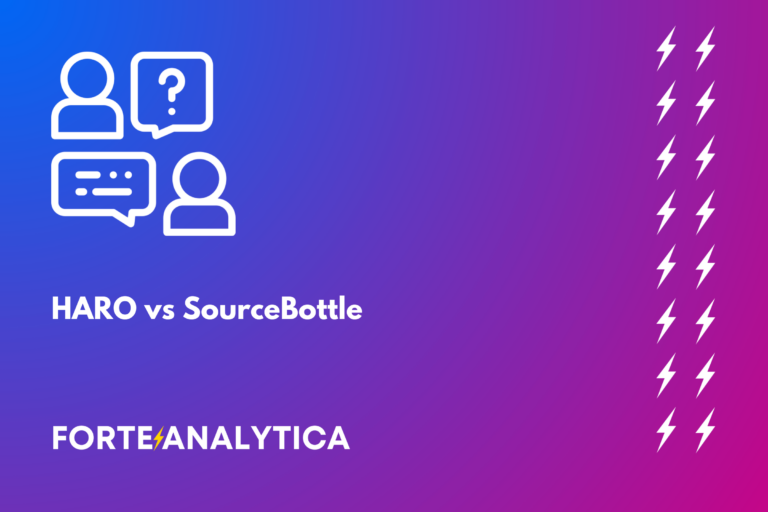In today’s digital age, search engine optimization (SEO) and public relations (PR) go hand in hand.
Reactive PR strategies are crucial for SEO success, as they allow businesses to capitalize on breaking news stories and other timely events to improve their online visibility and strengthen their brand.
In this article, we explore the best practices for implementing reactive PR strategies for SEO.
Understanding reactive PR strategies
Before we dive into the specifics of reactive PR strategies, it’s essential to understand what they are and why they’re important for SEO.
What are reactive PR strategies?
Reactive PR strategies are related to crisis management, but they’re more proactive in nature. These strategies involve monitoring the news, social media, and other online platforms for stories and events that are relevant to your business.
When a relevant event occurs, businesses need to react quickly with a PR plan that can increase their online visibility and drive traffic to their site. This approach builds brand awareness and generates new traffic sources for businesses.
Why are reactive PR strategies important for SEO?
Reactive PR strategies are important for SEO because they allow businesses to capitalize on popular news stories and trending topics to gain more visibility on search engines.
When businesses can link their content to current events, they have a better chance of getting backlinks and increasing their authority in their industry. Consequently, it positively impacts their search engine ranking.
Implementing reactive PR strategies for SEO
Now that we’ve established the significance of reactive PR strategies for SEO let’s dive into some actionable ways you can implement them.
Monitor the media
Monitoring the media is a significant part of implementing reactive PR strategies. Keep your ear to the ground on breaking news stories, industry trends and analysis, and even social media hot topics.
Use tools such as Google Alerts, HARO, and Buzzsumo to monitor your brand mentions. By doing so, you’ll be in a better position to create an immediate and actionable response plan.
Create shareable content
When a breaking news story or a significant event occurs, be prepared to create media campaigns or stories that align with your business’s goals. Creating shareable content on timely matters can tap into a news cycle or even social awareness, enabling consumers to share it with a wider audience.
When creating this content, localizing the story for your geolocation and topping it with your unique perspective can attract local journalists.
Contact journalists
Journalists require quick and reliable sources when crafting their stories. By creating a content commenting system or developing a news reactive FAQ, a business could capture attention from journalists looking to add new opinions to their stories.
Offer expert opinions, statistics, or unique perspectives that the journalist could use to give their report more depth.
Build links
When creating content, it’s crucial to build relevant internal links to other pages on your website. By doing this, businesses can keep visitors engaged with their site longer, lowering bounce rates and increasing the time spent on the site.
Add value to your existing pages by writing pieces that enhance your internal linking structure, encouraging new visitors to explore your site further.
Pitfalls to avoid when implementing reactive PR strategies
While implementing reactive PR strategies for SEO is vital, there are some common pitfalls that businesses must avoid.
Beware of spammy practices
Businesses need to avoid submitting spammy guest posts or participating in link schemes as such practices could negatively impact their search engine ranking.
Instead, they should focus on adding existing story opportunities by creating unique content that adds value to the conversation.
Beware of spam sites that you may not want to get featured on – a common culprit is CEOBlogNation.com – where you will find an article jampacked with quotes and over 20 external links on the page that are not relevant whatsoever.
Here is an example of an article you may feature in:

The other notorious practice spammers will do, is pretend they are a journalist from Forbes targetting a specific niche like finance or other difficult niches to get links in. Once you have spent the time writing a great pitch, only to receive an email back saying “Sorry, we have no room left for your quote, but we can give you a link if you link to us.”
In this instance, you are best reporting them as this limits the quality on HARO and other platforms, let alone wastes your time!
Don’t overlook planning
Reacting quickly to a news story or breaking event is just half the battle. Businesses need to have a well-planned reactive PR strategy to ensure they’re covering all their bases.
Without proper planning, businesses may overlook essential components such as identifying their target audience, outlining their goals, and strategizing their content structure, leading to ineffective results.
FAQs
How long does it take to see an impact on SEO when implementing reactive PR strategies?
The impact of reactive PR strategies on SEO depends on several factors such as the website’s current ranking, the quality of content, and the timeliness of implementation. Therefore, it varies from one business to another, and a business should set realistic goals when implementing their reactive PR strategy for SEO.
Can reactive PR strategies be used for brand awareness purposes?
Absolutely. Since reactive PR strategies are effective in increasing a business’s online visibility, they can be used to raise brand awareness. By targeting the right audience and delivering timely, relevant content, reactive PR campaigns can help businesses establish themselves as thought leaders in their industry.
Should businesses only implement reactive PR strategies?
While reactive PR strategies are vital for SEO success, businesses shouldn’t overlook proactive PR strategies. A balanced approach that combines both proactive and reactive strategies is the best way for businesses to achieve long-term success on search engines.


